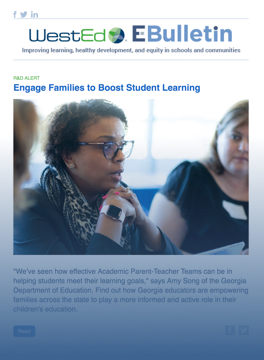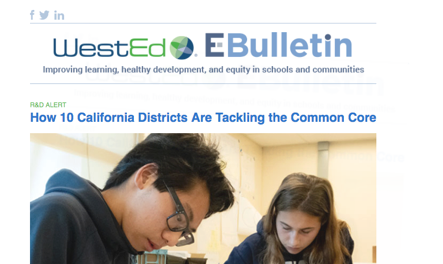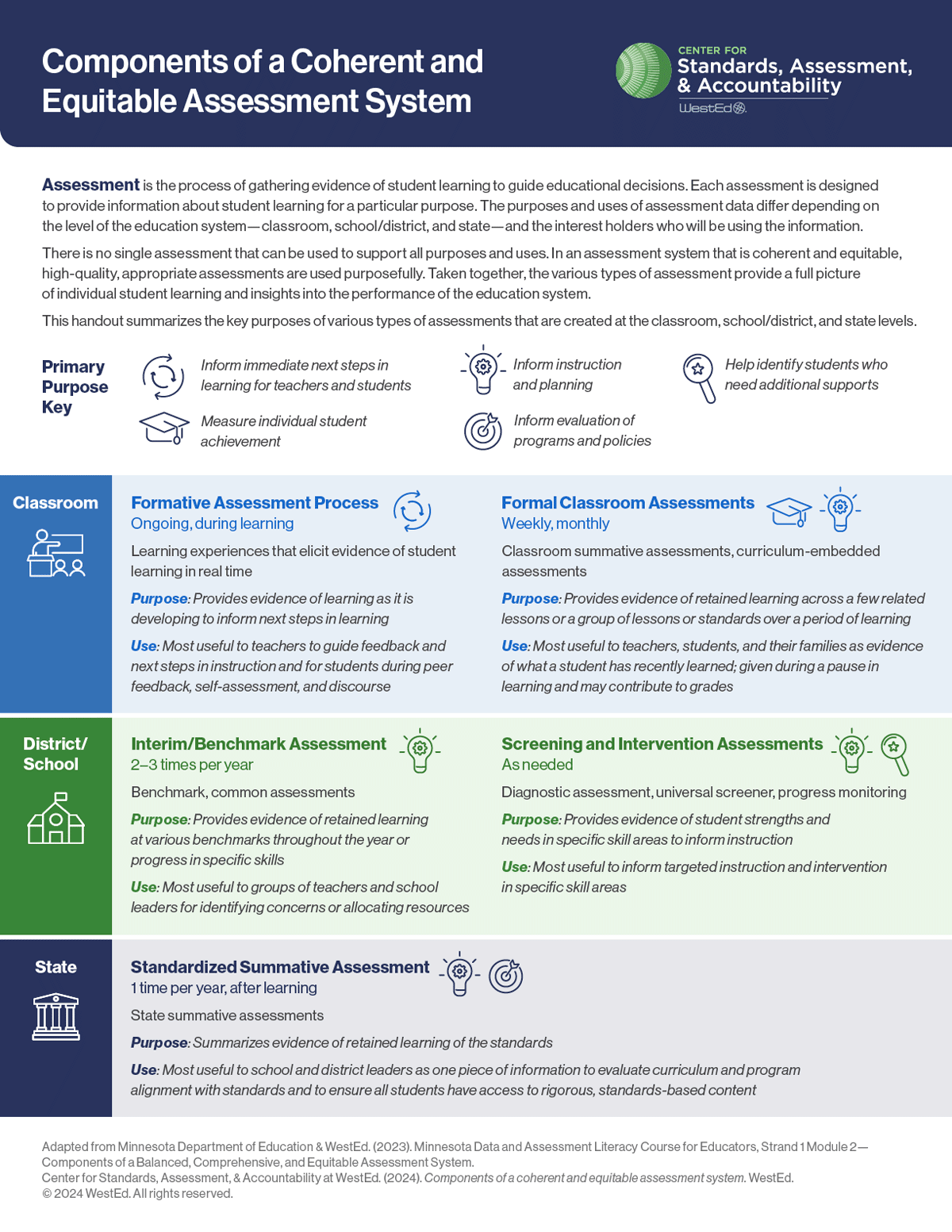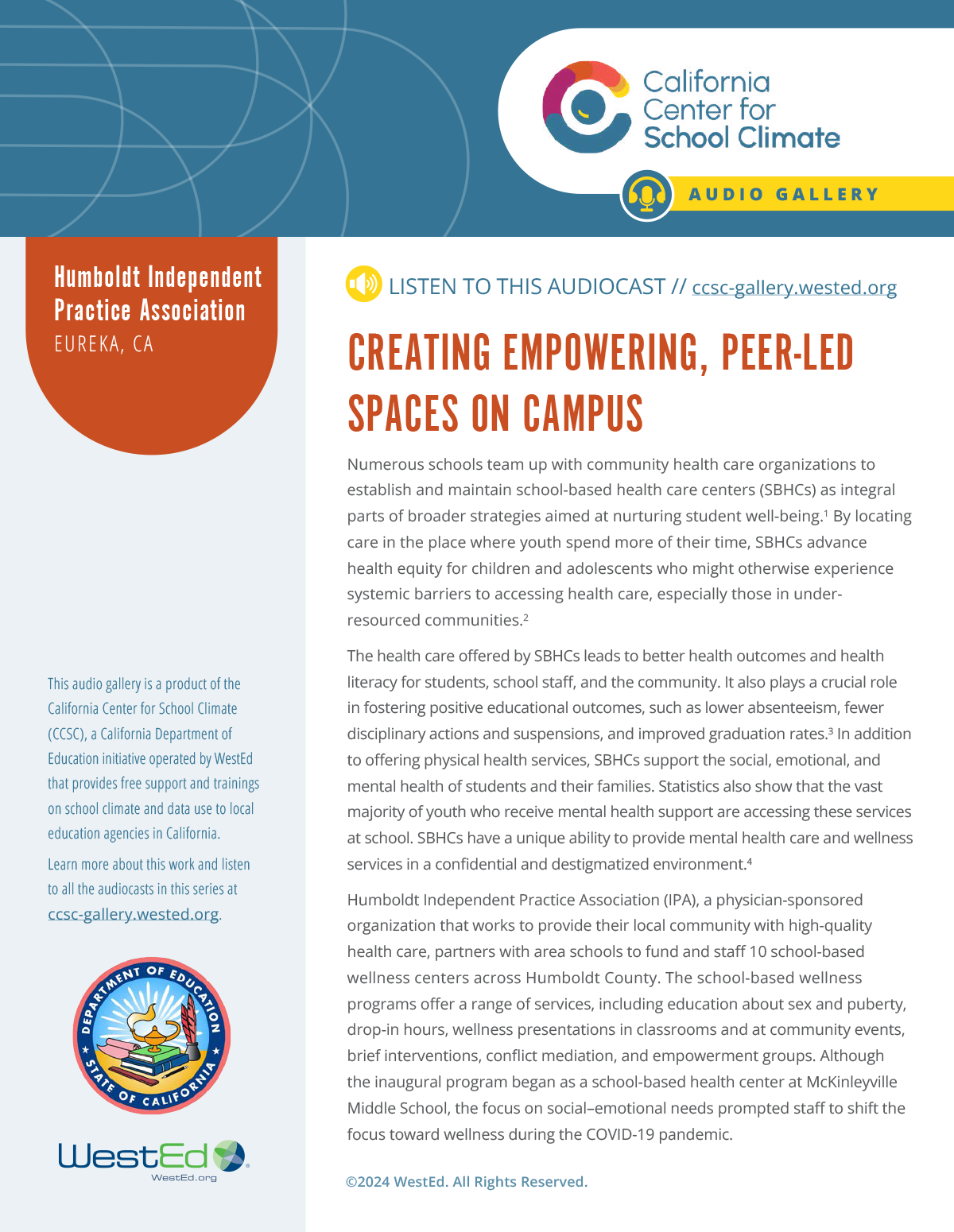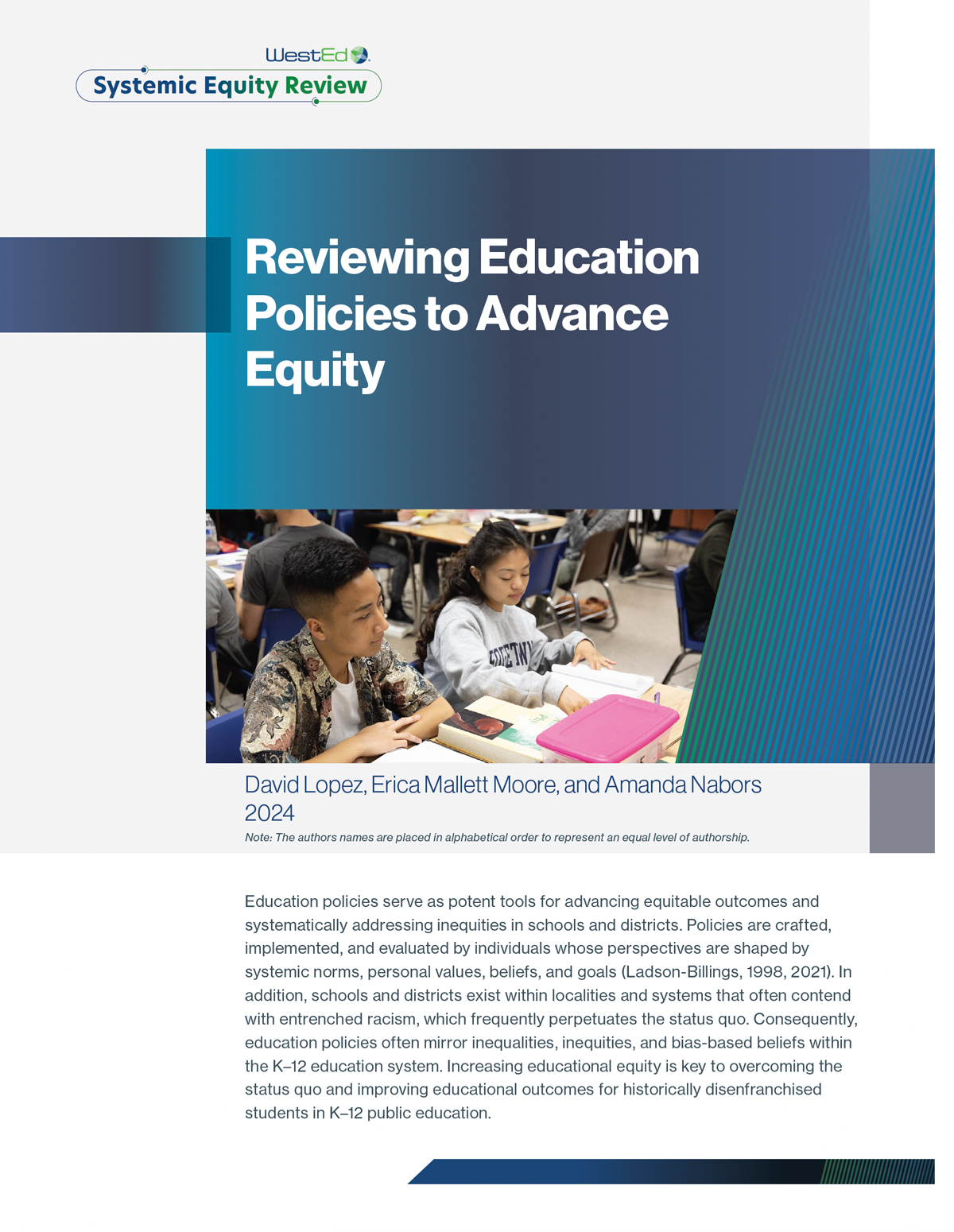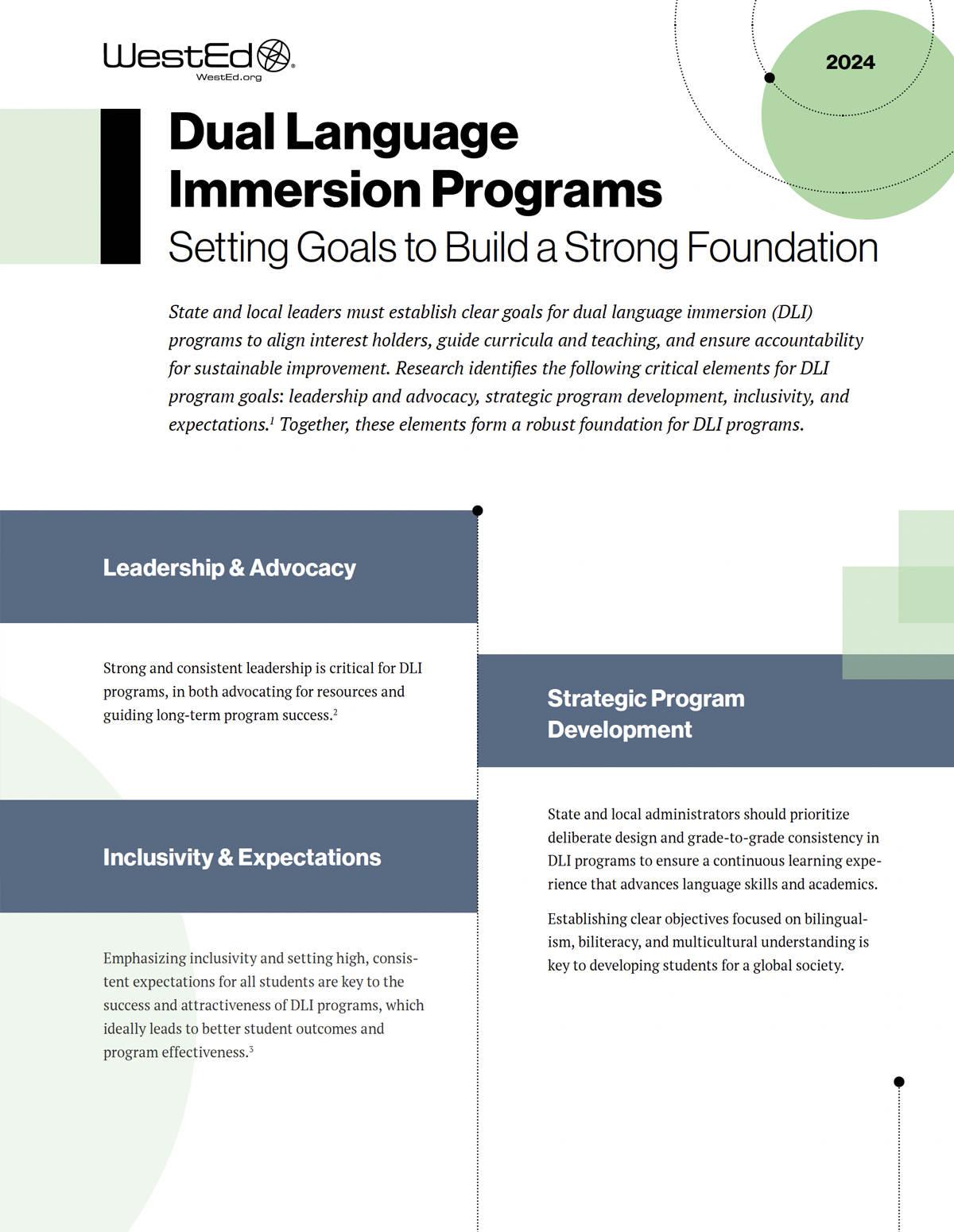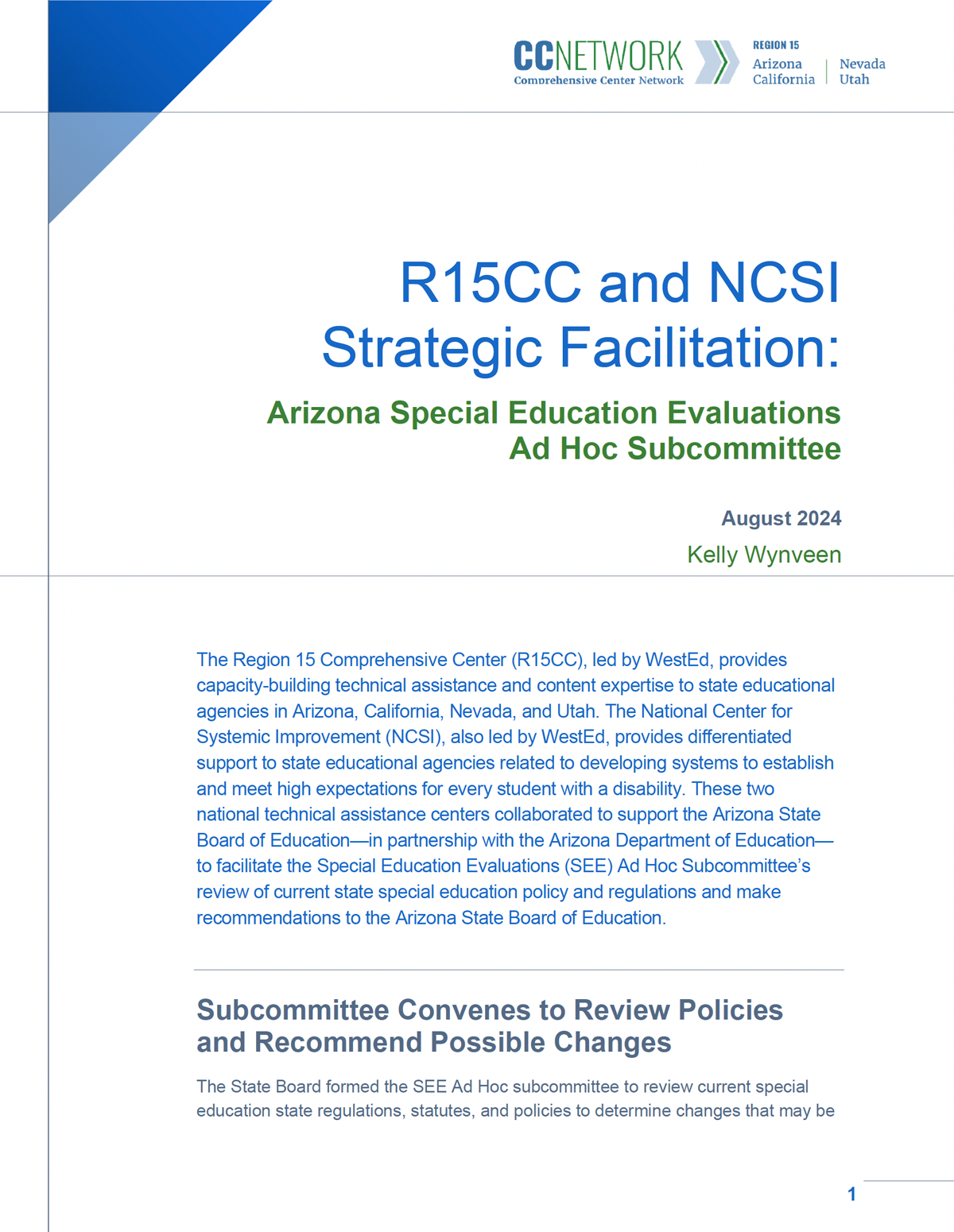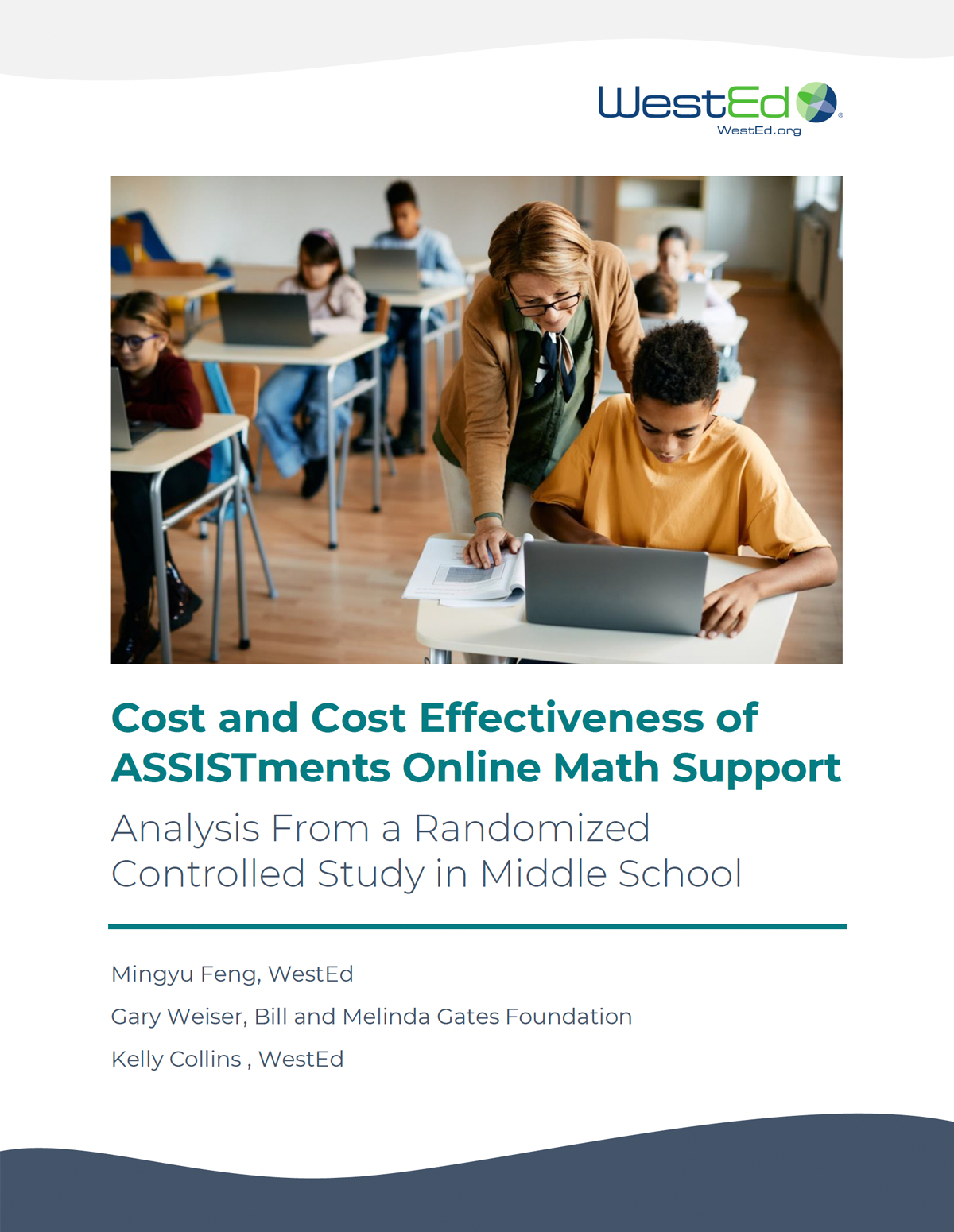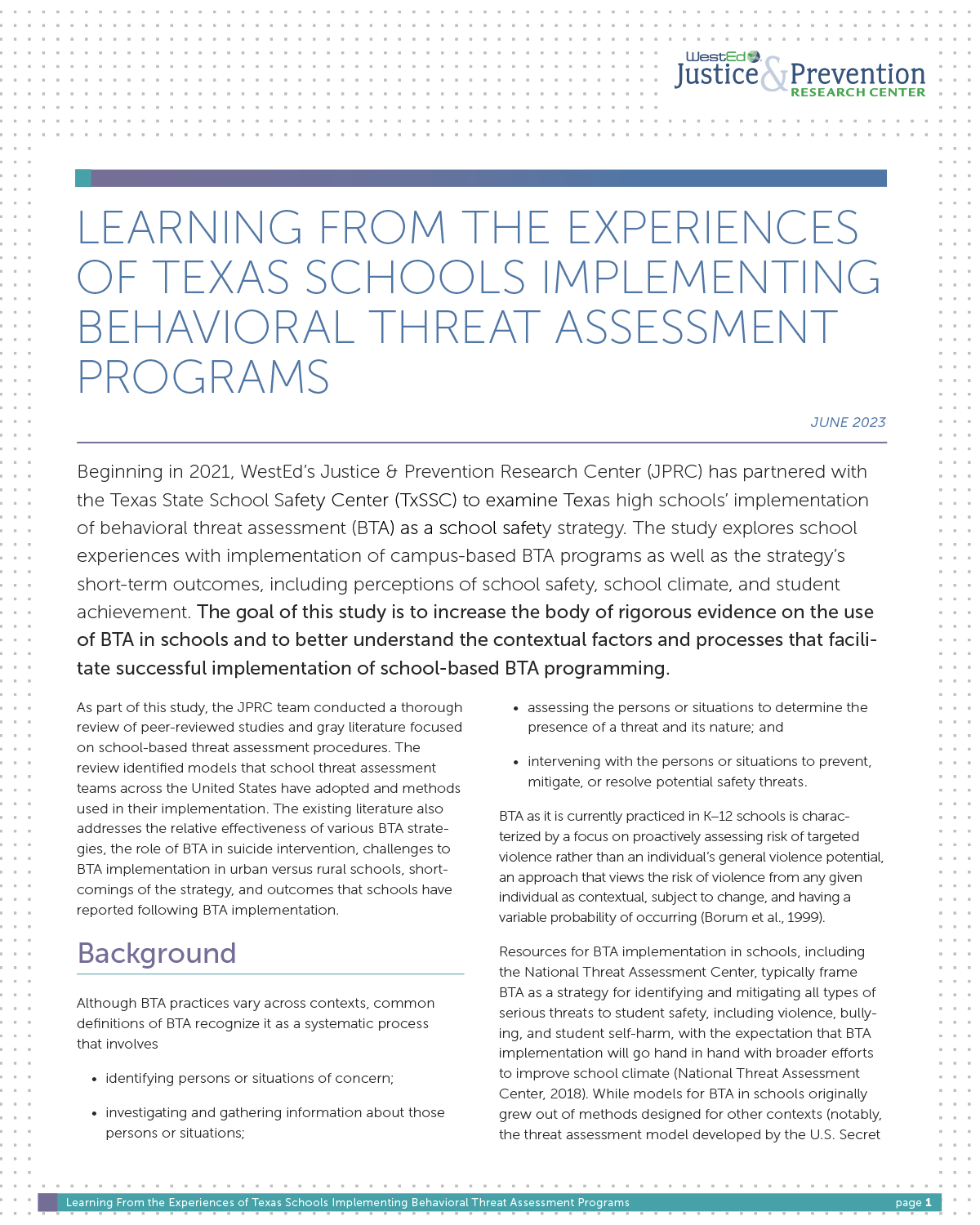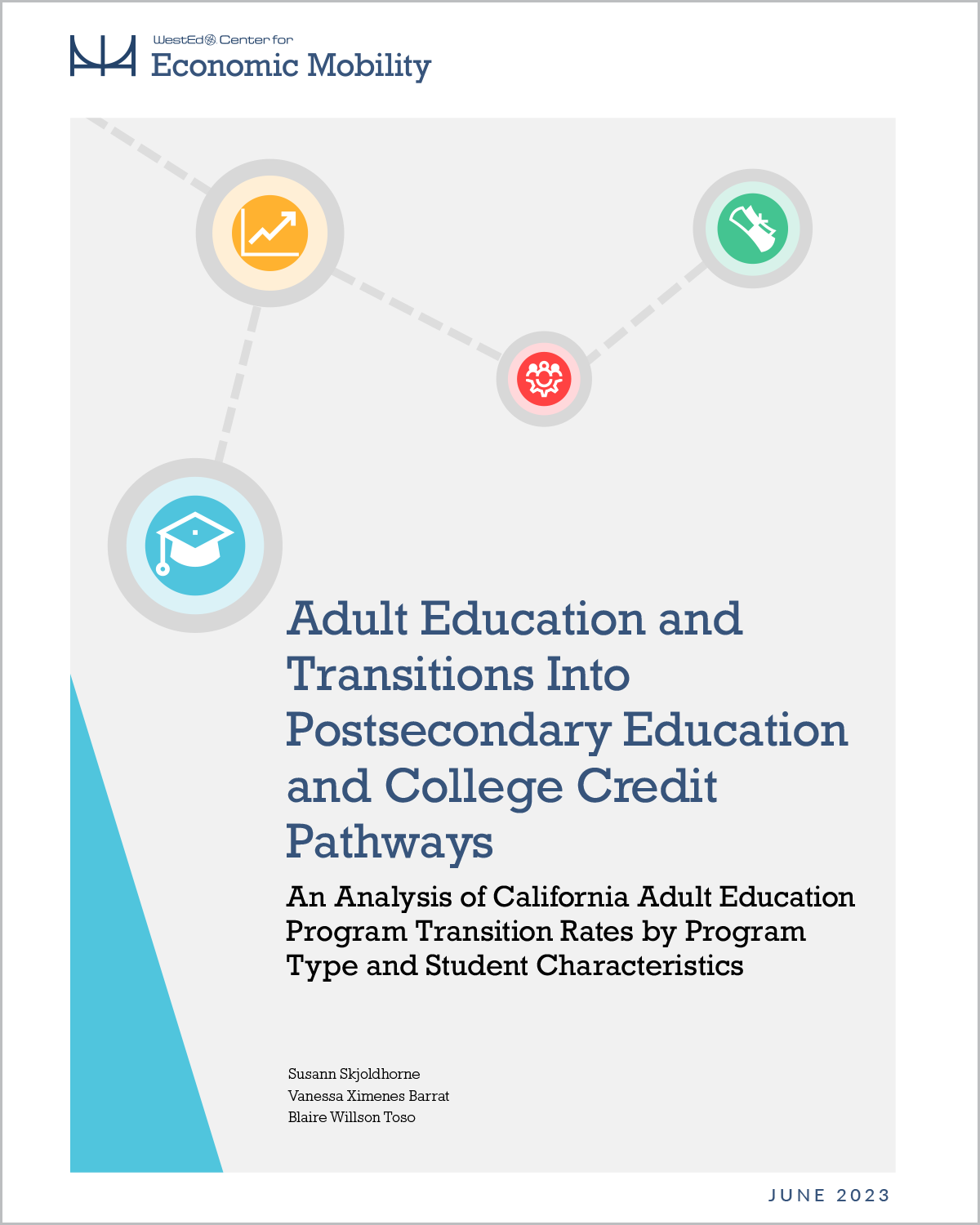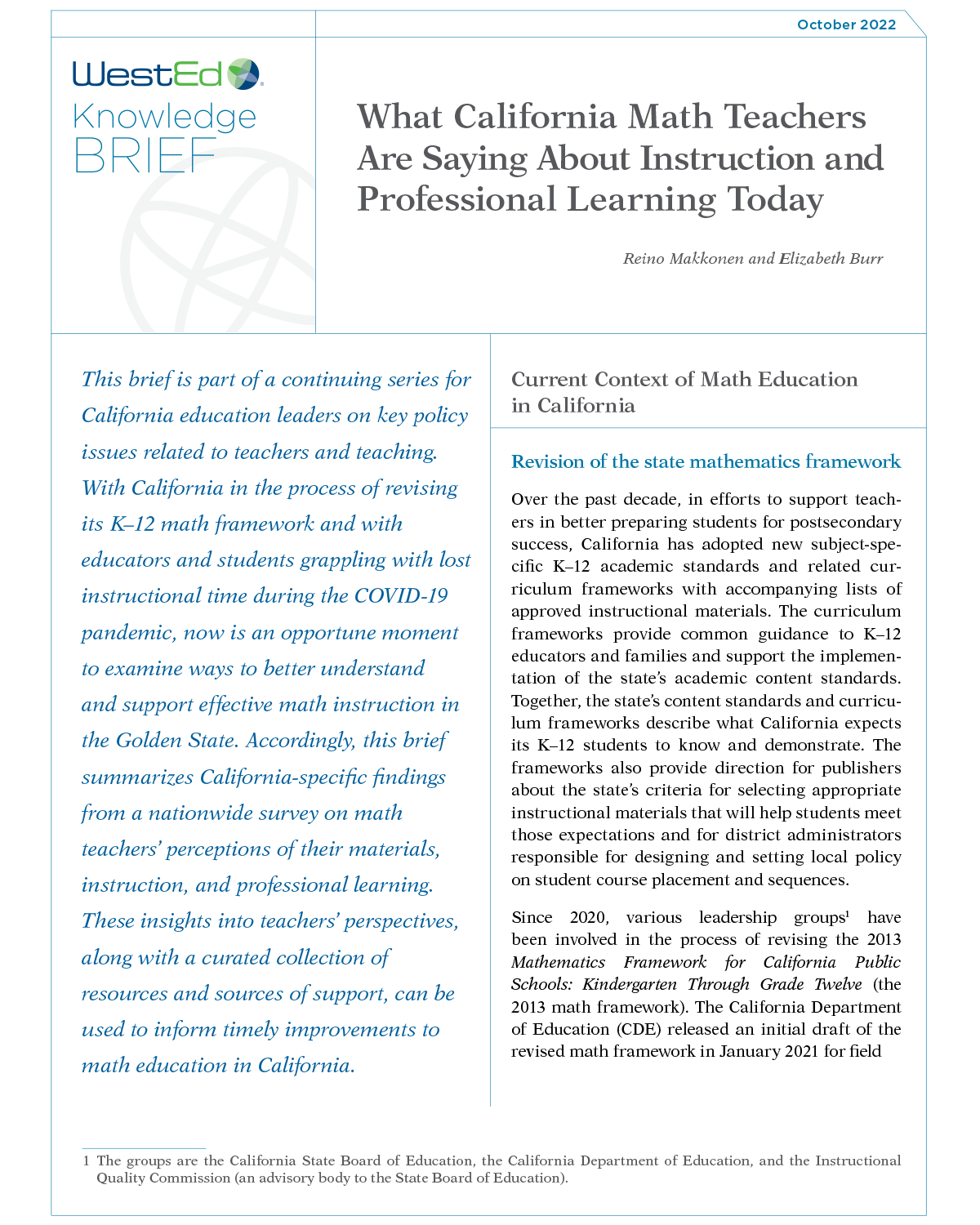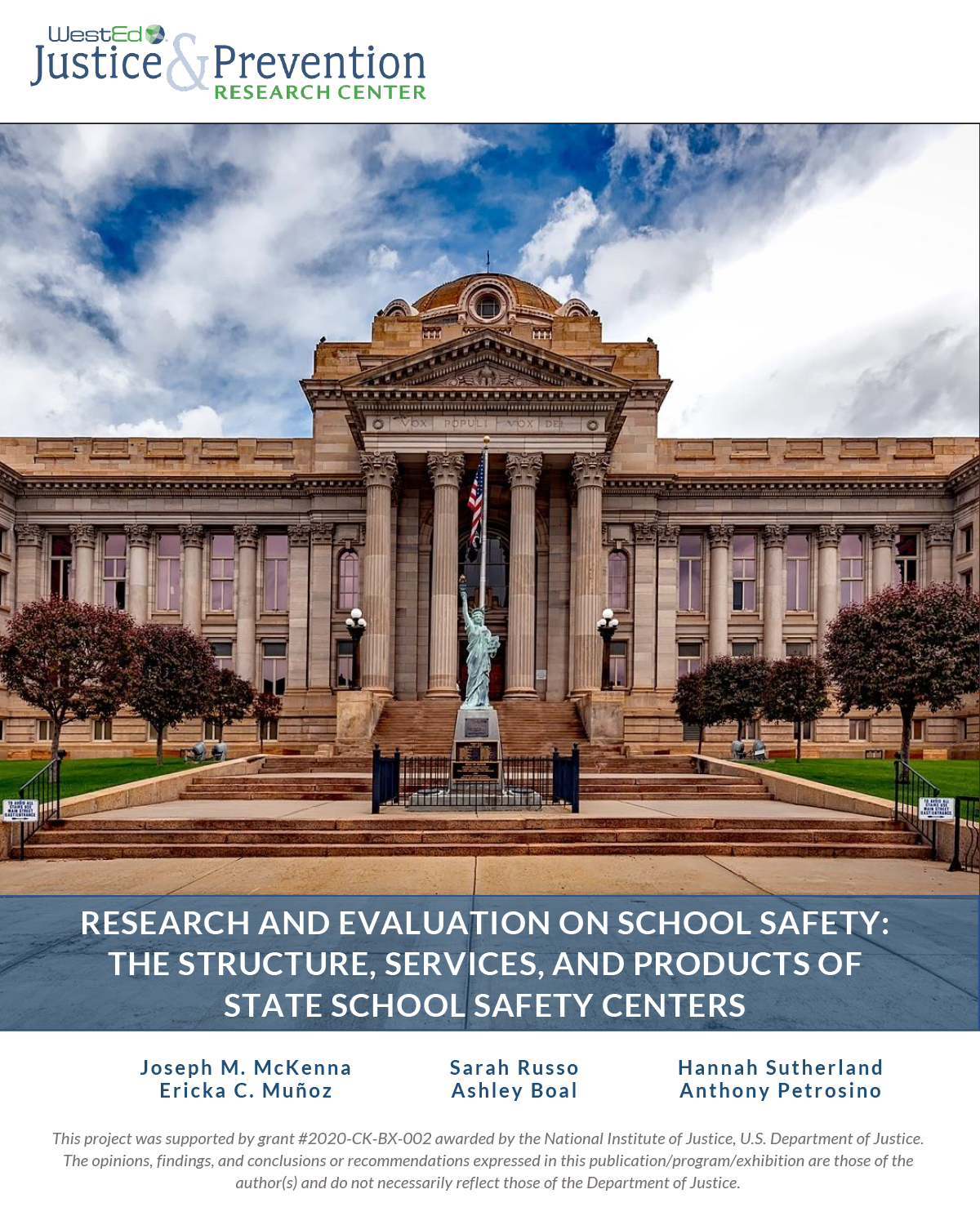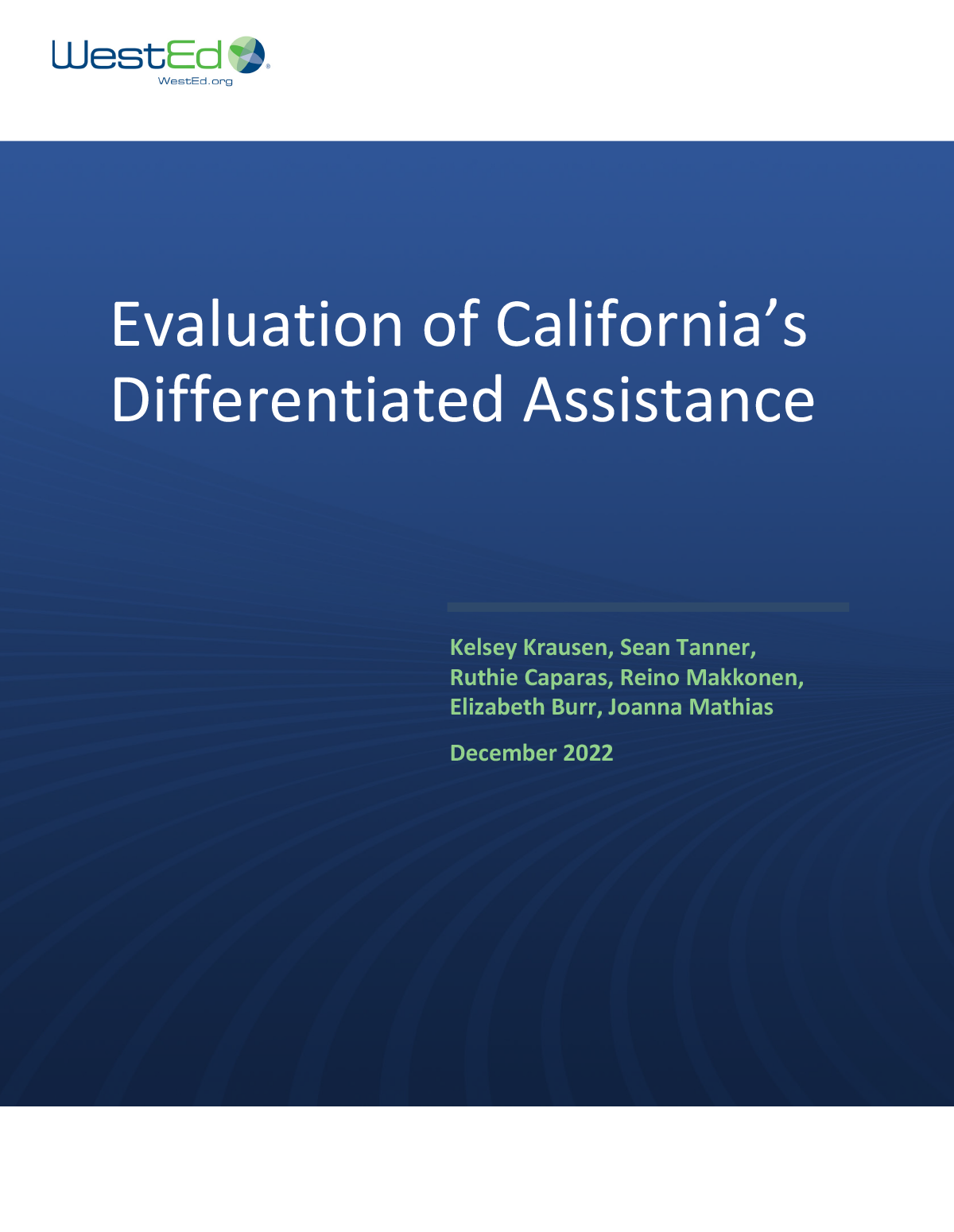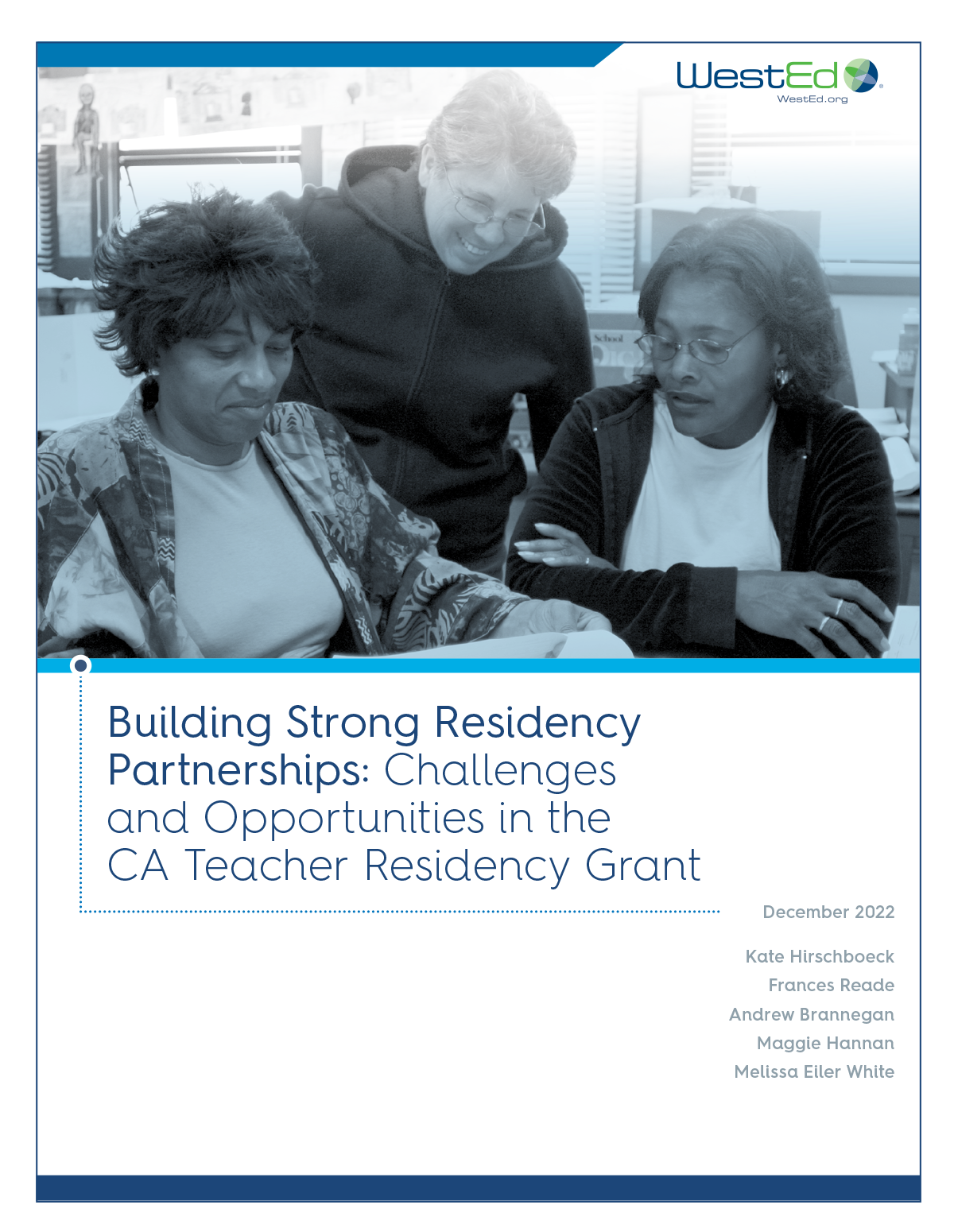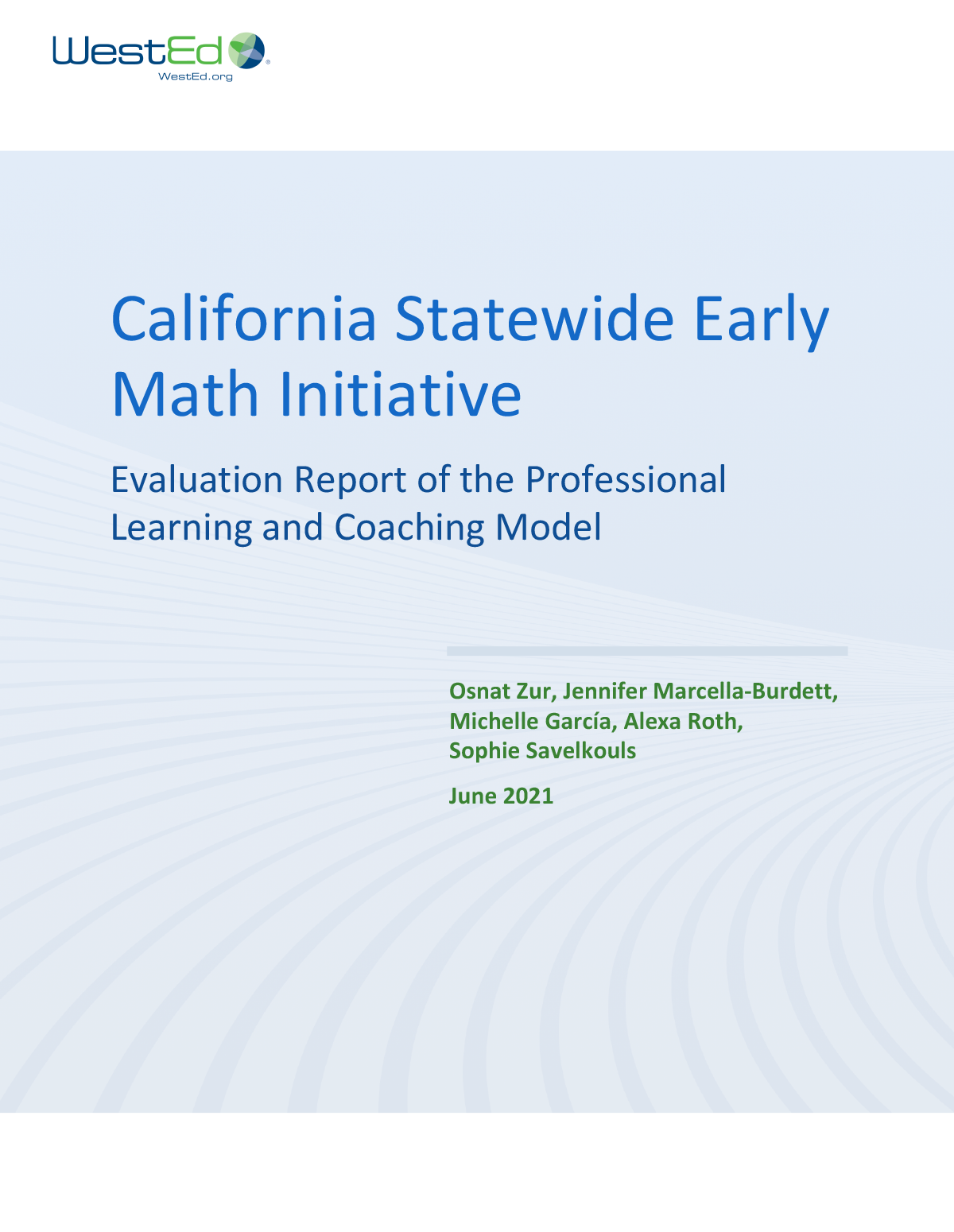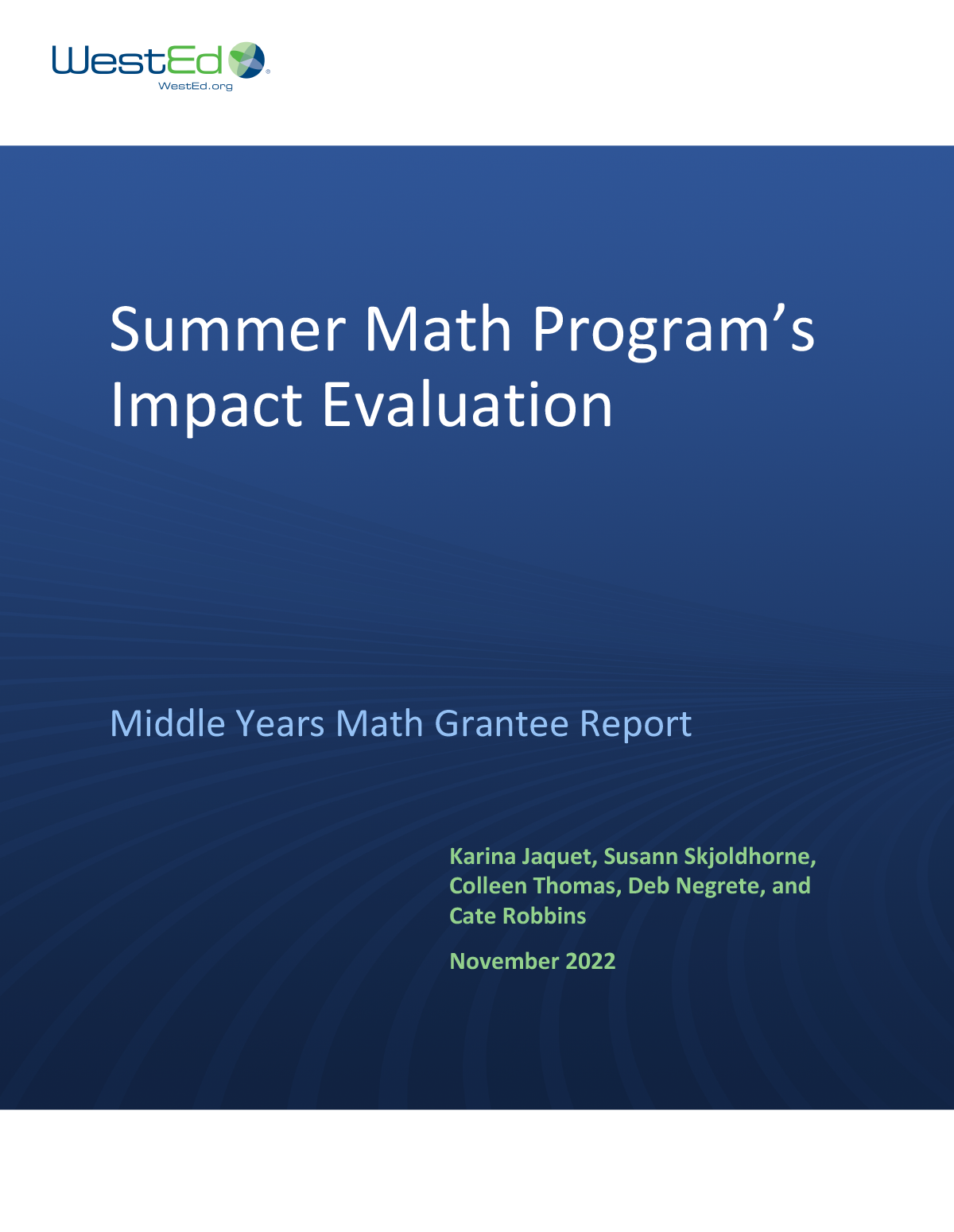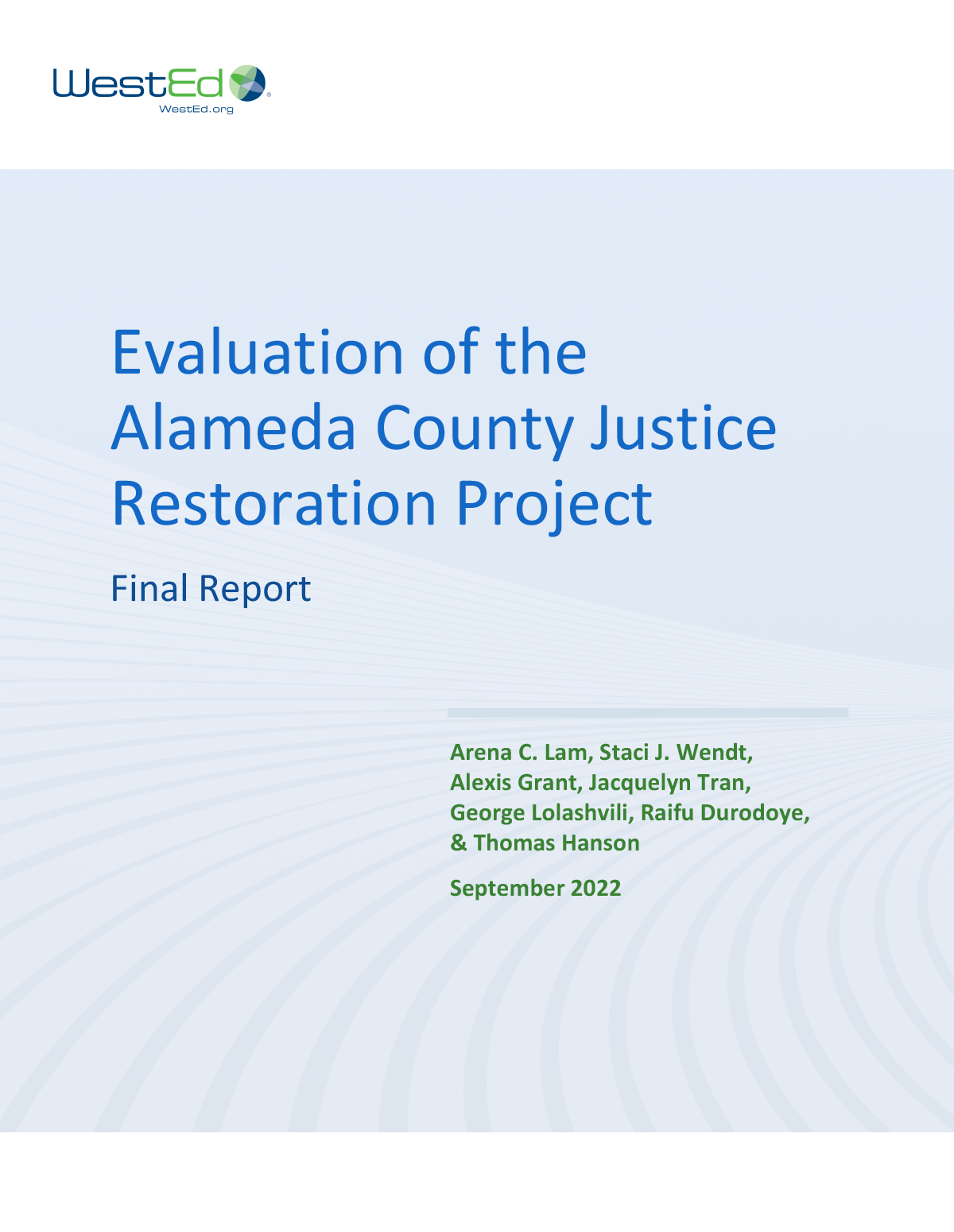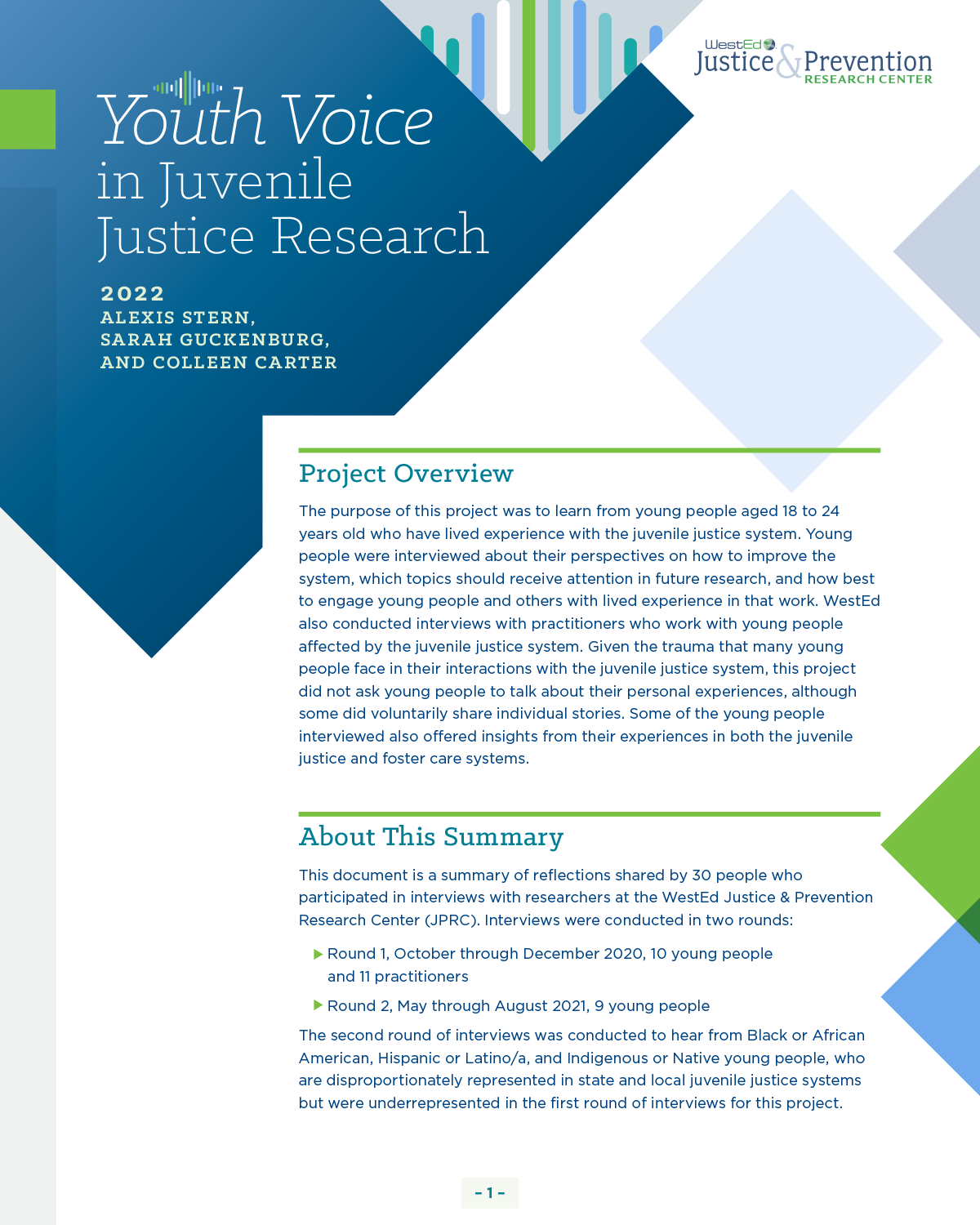Research & Evaluation
-
Dual Language Immersion Programs: Setting Goals to Build a Strong Foundation
State and local leaders must establish clear goals for dual language immersion (DLI) programs to align interest holders, guide curricula and teaching, and ensure accountability
-
Dual Language Immersion Programs: The State of Current Research
Researchers from the Region 15 Comprehensive Center at WestEd reviewed recent literature on dual language immersion (DLI) programs, identifying common methods, settings, and program implementation
-
R15CC and NCSI Strategic Facilitation: Arizona Special Education Evaluations Ad Hoc Committee
The Region 15 Comprehensive Center and the National Center for Systemic Improvement, both led by WestEd, collaborated to support Arizona in facilitating the state’s Special Education
-
Cost and Cost Effectiveness of ASSISTments Online Math Support: Analysis From a Randomized Controlled Study in Middle School
This report examines the cost and effectiveness of using the ASSISTments program as an online math support tool. The study sought to replicate previous findings on the impact of ASSISTments on student learning in seventh-grade classrooms.
-
Technology-Based Support Shows Promising Long-Term Impact on Math Learning: Initial Results From a Randomized Controlled Trial in Middle Schools
This study measured the possible long-term impact of ASSISTments on student learning.
-
Learning From the Experiences of Texas Schools Implementing Behavioral Threat Assessment Programs
This article presents key findings from a study funded by the National Institute of Justice (NIJ), which examined the implementation of behavioral threat assessment in high schools throughout Texas.
-
Adult Education and Transitions Into Postsecondary Education and College Credit Pathways: An Analysis of California Adult Education Program Transition Rates by Program Type and Student Characteristics
This report examines the transition from adult education to postsecondary education for students enrolled at community college and K–12 adult school programs funded by the California Adult Education Program (CAEP).
-
Building Strategic Policymaking Capacity: A CA Analysis for Learning & Engagement (CALE) Collection
This resource collection provides education leaders with an in-depth analysis of key policy issues related to teachers and teaching.
-
Research and Evaluation on School Safety: The Structure, Services, and Products of State School Safety Centers
This report provides insights from in-depth interviews with State School Safety Center directors to examine the school safety landscape in their states, the history and structure of the centers, the services offered by the centers, and the centers’ accomplishments and challenges.
-
Evaluation of California’s Differentiated Assistance
In this report, WestEd presents findings on its evaluation of California's Differentiated Assistance and recommendations for further refining and improving DA based on lessons learned from the first years of implementation.
-
Building Strong Residency Partnerships: Challenges and Opportunities in the CA Teacher Residency Grant
This evaluation brief highlights the early challenges and successes of grant-funded teacher residencies in their efforts to build sustainable partnerships.
-
California Statewide Early Math Initiative: Evaluation Report of the Professional Learning and Coaching Model
This report summarizes WestEd's evaluation findings related to the professional learning and coaching model implemented as part of the California Statewide Early Math Initiative.
-
Summer Math Program’s Impact Evaluation
This report describes the impact of Elevate [Math], a program that helps students struggling in math to achieve math proficiency, increase their interest in math, and develop a growth mindset.
-
Evaluation of the Alameda County Justice Restoration Project
This report details findings of a rigorous evaluation of the Alameda County Justice Restoration Project that focused on both program implementation and the program’s impact on recidivism.
-
Youth Voice in Juvenile Justice Research
This research captures interviews about the juvenile justice system from young people aged 18 to 24 years old who have lived experience with the system and provides valuable insights on how research can help improve the system for young people.
View More

Stay Connected
Subscribe to the E-Bulletin and receive regular updates on research, free resources, solutions, and job postings from WestEd.
Your download will be available after you subscribe, or choose no thanks.
